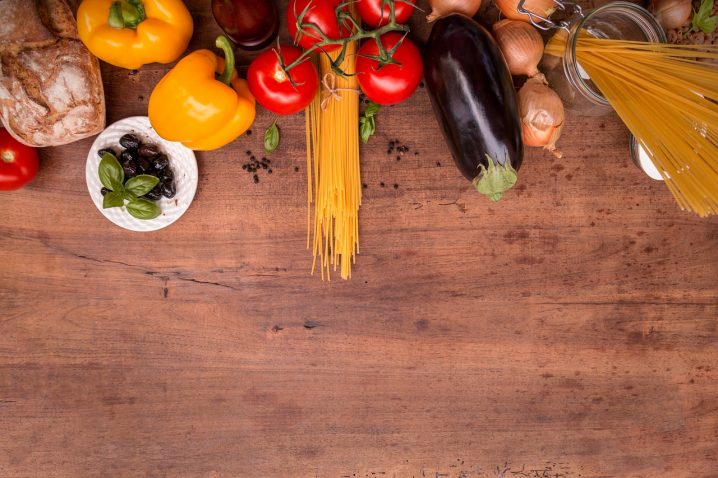Starting a restaurant can be overwhelming, especially if you’re stocking up on ingredients. The gains from your expenses will take a while to return since you’re dealing with a deadline on the expiry of your food items. However, once you get the hang of the business and curious onlookers become your regular customers, you will have to devote your time to expansion and stability. Maintaining a pantry is one of the most crucial aspects of keeping a restaurant in order.

Labelling your cabinets
Though you might understand your kitchen like the back of your hand by now, it’s essential to put StickerYou in your storage spaces. If you haven’t already, it’s a smart practice to label your workstations. Though it might be non-sensical to mark a restaurant that you run on your own, you might think twice once you bring in staff. It’ll be much easier to direct them regarding what goes where and will enable your team to commit fewer mistakes while they’re learning how to be in your business.
Besides items in the cabinets, you should also put clear labels in fridges to make sure that you’ll easily be able to keep track of what things are going out of stock and if it’s time to take a visit to the grocery store.
Catalogue your ingredients
Anything that comes in and out of the kitchen must be accountedfor. Keeping a log of your orders will not just allow you to know what’s in stock but will remind you if items need to be thrown away or replaced if their shelf life has already reached its last few days. A smart business owner knows when to use this dilemma to their advantage. Restaurants often take note of their pantry’s space and if they should start putting certain items on the menu for ‘a discount’. Being able to make the most of your pantry before it goes spoils is not just an environment-friendly practice to reduce waste, it’s also a business opportunity in disguise.
Buying efficiently
It’s much cheaper to buy your products from local retailers and buying in bulk is necessary to make sure that your pantry has enough ingredients in stock. You might have grown accustomed to buying tuna in cans, but you’ll be in for a surprise with how much you’ll save by purchasing tuna in pouches. Though the shape is unconventional, the packaging allows for more meat to be packed instead of water comprising a significant amount of its weight. Buying food ingredients in pouches is also easier to manage if you’re dealing with unconventional pantry spaces.
Repack your seasonings
Grocery store containers for condiments aren’t always the best option when it comes to optimizing your kitchen space. If you’ve been keeping sugar or flour in bags so that you can save by buying larger quantities, it’s best that you have an appropriate set of airtight containers to keep your ingredients pure. Have a compact one to use for seasoning and a larger storage container to keep the rest of your seasonings in stock.



